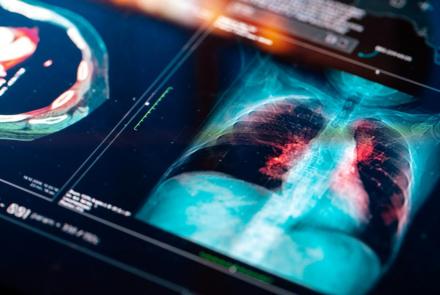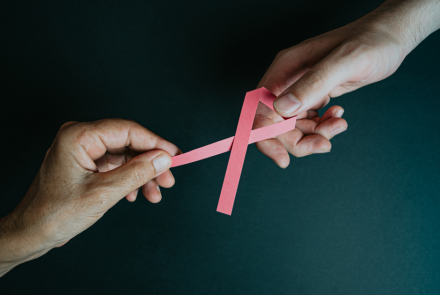Controlling Diabetes and High Blood Pressure are Key to Kidney Health
Keeping your diabetes and high blood pressure under control are the most important things you can do to keep your kidneys healthy, according to Pavela Saha, MD, a nephrologist at Montefiore Nyack Hospital and Highland Medical Rockland Renal Associates. “When you look at patients on dialysis for end-stage kidney disease, 50% have diabetes, while 27% have hypertension. The rest have autoimmune or other conditions,” she said.
What is Kidney Disease?
The kidneys regulate the body’s fluid balance, and filter wastes and toxins from the blood. They also keep electrolytes (such as sodium, calcium, phosphorus and potassium) in balance.
There are three stages of kidney disease: acute, chronic and end-stage. Acute kidney disease is defined as injury to the kidneys that lasts for less than three months. If the kidneys don’t recover in that time, a person is considered to have chronic kidney disease. End-stage kidney disease occurs when a person’s kidneys are so damaged that they need dialysis (using a machine to do the work of the kidneys).
“There is no cure for chronic kidney disease, so once a person has chronic disease, our goal is to delay the time until they need dialysis for as long as possible,” Dr. Saha said.
Kidney disease is associated with other health conditions, including heart disease, heart attack and stroke. Most people with early kidney disease have no symptoms. By the time symptoms appear, kidney disease may be advanced. Symptoms include fatigue, weakness, decreased urination, confusion, loss of appetite, and sleep cycle disturbance. These symptoms tend to appear in end-stage disease when a patient usually requires dialysis.
Controlling Risk Factors
Some risk factors for kidney disease—such as a family history of the disease—can’t be controlled. But there are steps you can take to protect your kidneys:
- If you smoke, quit.
- If you have diabetes, work with your doctor to keep your blood sugar under control. This includes decisions about food, physical activity and medicines.
- Keep your cholesterol at a healthy level. Take lipid-lowering medicine if prescribed by your doctor.
- If you have high blood pressure, take medicine if prescribed by your doctor. “Monitor your blood pressure at home twice a day, in the morning and evening,” Dr. Saha said. “The reading you get in a doctor’s office isn’t always reliable.”
- Beware of nonsteroidal anti-inflammatory (NSAID) pain relievers such as ibuprofen or naproxen (Advil, Aleve, Motrin) if you have kidney disease. These drugs can cause kidney damage if taken too regularly over a prolonged period. People with kidney disease usually can take acetaminophen (Tylenol) as long as they don’t exceed the recommended dose.
- If you take vitamin D or C, ask your doctor how much you can safely take. Vitamin D is key to bone and skin health, but overuse can lead to elevated calcium in the blood. This can cause acute kidney damage. Vitamin C is associated with the most common type of kidney stones, called calcium oxalate stones. “If you’re at risk for this type of kidney stones, consult your doctor before taking vitamin C supplements,” she said.
Controlling your diabetes and blood pressure, along with other steps, will not only help to protect your kidneys, but improve your overall health. “Because we don’t have a cure for chronic kidney disease, prevention is key,” Dr. Saha said.
To schedule an appointment with a board-certified nephrologist at Highland Medical, P.C., call 866-550-4672.






